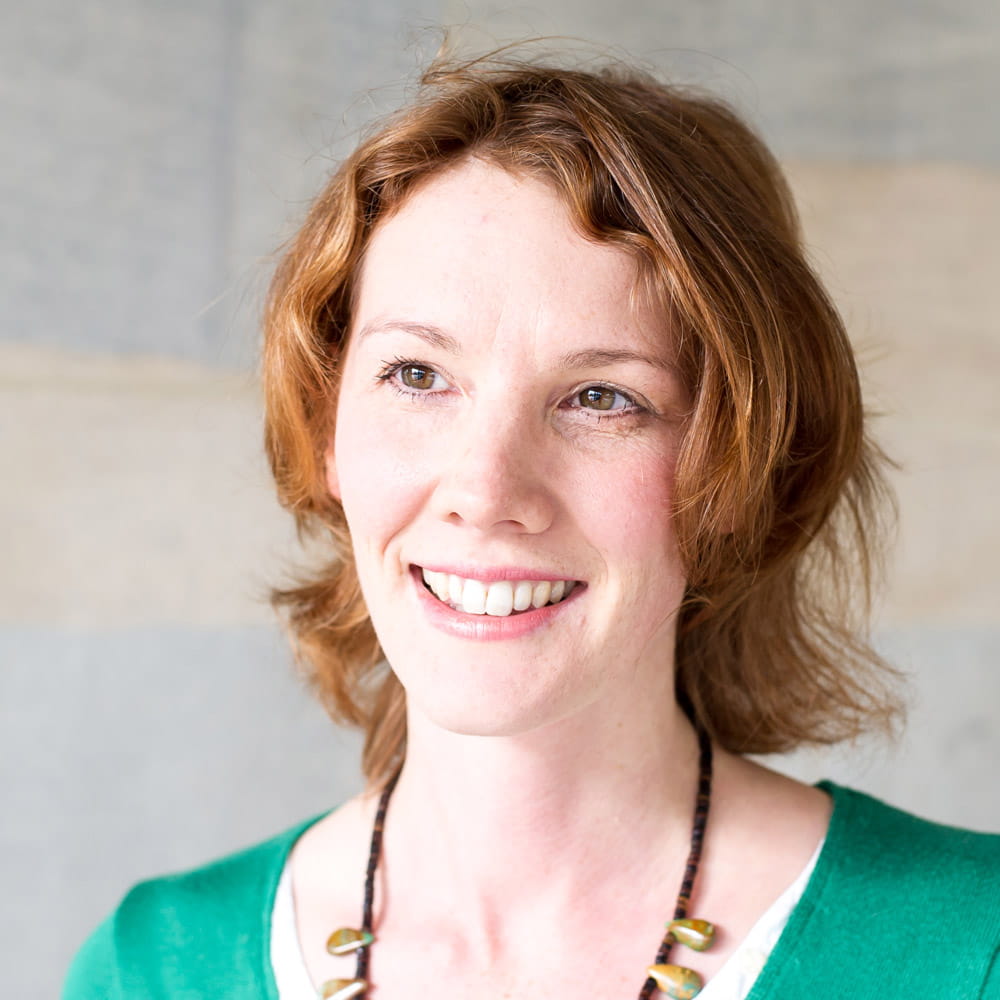Educating for sustainability

The climate and ecological emergency call for urgent action at all levels of society, including educational settings. In December 2020, the University declared a climate and ecological emergency and called upon all staff and students to work towards actions that would support system change. The QAA and Advance HE released guidance for HEPs in 2021 calling for Education for Sustainable Development (ESD) to be embedded in the curriculum to help prepare students with competencies for sustainable transitions. This document encourages universities to consider how their work can introduce and educate students around the UN’s 17 Sustainable Development Goals (SDGs), as well as key sustainability competencies. Students need to be prepared for the challenges of tomorrow and ESD can become a catalyst to connect various strategic priorities (including decolonising the curriculum and employability skills) to ensure students receive a transformational educational experience.
I was recently funded via the Education Strategic Fund to explore ways to embed ESD within the Sociology Curriculum. Importantly, many of the competencies and skills that ESD promotes are those that many of us are already facilitating. These include systems thinking, critical thinking, collaboration and problem solving. The SDGs incorporate an environmental dimension but also speak to broader transformational aims, such as gender equality, reduced inequalities, partnership building and quality education. In short, sociological and critical ESD pedagogies share many similar concerns. Working with a PhD student, Mr Norman Riley, we have been conducting a content analysis of existing Sociology curriculum, and have planned some student focus groups to identify what the department is already doing, the areas for improvement and how to better communicate these learning outcomes to students. Some of the findings from this project will be presented at a workshop in late May (please contact me for more details).
On the podcast, I reflect upon the ways I have been able to apply principles of transformative pedagogies on a sustainable consumption Masters module. This module uses techniques of peer review and reflective learning to encourage students to work together to question the political systems and moral economies that shape their daily consumer lifestyles. You can find some of the excellent work produced by students on this course at Essex Consumption and Sustainability Blogs.
